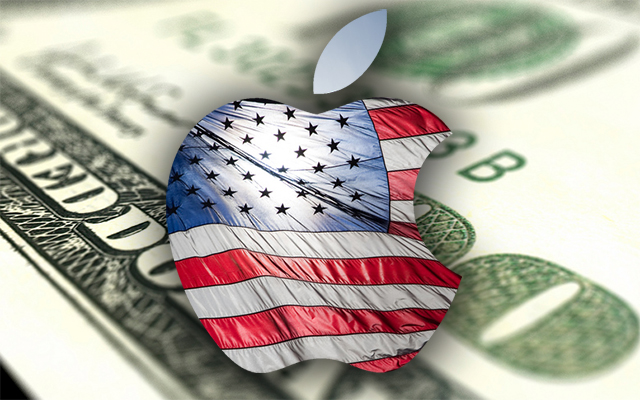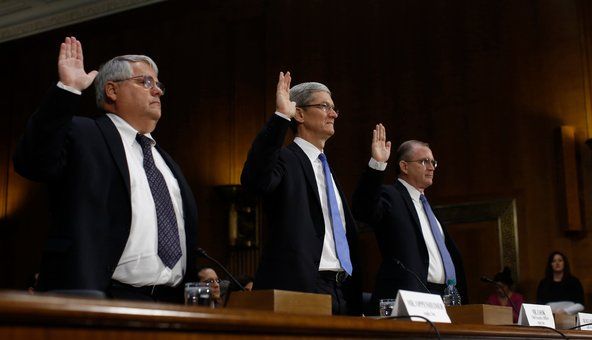Ireland’s Finance Minister announced plans to close a loop-hole in the country’s corporate tax laws, eliminating the ability for companies such as Apple to operate as virtually ‘stateless’ firms ungoverned by any nation’s taxing authority. The change in the Irish laws means the iPhone maker cannot avoid declaring tax residency in either the U.S. or Ireland.
Earlier this year, Apple’s ability to funnel payments through a unit in Ireland to avoid paying taxes brought U.S. scrutiny by the Senate and testimony by Apple CEO Tim Cook…
“Ireland wants to be part of the solution to this global tax challenge, not part of the problem,” said Irish Finance Minister Michael Noonan on Ireland’s 2014 budget, Bloomberg yesterday reported.
The change in law ensures “that Irish registered companies cannot be ‘stateless’ in terms of their place of tax residency,” Noonan said.
Although the SEC recently announced it would end an investigation into Apple’s tax issues, Ireland’s role in the corporate controversy has lingered. Ireland recently said it would not call Apple and Google officials to explain their tax behavior.
In a September 2013 letter, the United States Securities and Exchange Commission investigators who’d been looking into Apple’s finances gave the iPhone maker some good news, saying the agency plans to take no action at this time.
At the same time, the European Union called for an end to so-called “patent boxes” which allow companies to set up foreign corporations through which patent rights fees are filtered.
Apple has denied using “tax gimmicks” to avoid its obligations.
One Dublin tax expert told Bloomberg that the proposed change in Irish tax law would not forbid a company to establish tax residency in another low-tax area.
Noonan is “100 percent committed” to Ireland’s 12.5 percent corporate tax rate. That rate was described as “simply too low” by part of Germany’s potential coalition government.
German Chancellor Angela Merkel has been a frequent critic of such tax loopholes.
In response to the increase attention to its tax methods, Apple has increased spending on lobbyists, nearly doubling the money aimed at influencing Congressional action.

